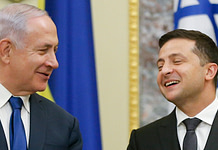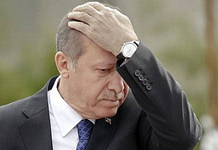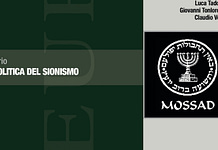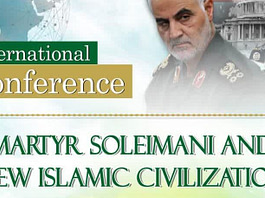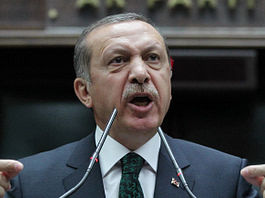Indian Autonomy and Multipolar Context
In spite of its great climatic and geo-morphologic heterogeneity, of its diverse ethnic groups, of its large variety of cultures and religions, and of the consequent lack in socioeconomic homogeneity, India seems to have successfully followed the rule that made the ancient Empires great, i.e. the preservation of unity in diversity. The efforts currently led by India to maintain its independence, its unity and economic and industrial development will be winning, in the medium and long term, only if New Delhi will focus its geopolitical interests on the framework of a Eurasian and multipolar perspective. Such perspective, in fact, would solve its choice between being a mere regional power with international aspirations or a global power with regional interests.
"Social and Economic Effects of Modernization"
The report is made on the initiative of the Member of the Committee on Banks and Banking of the Russian Union of Industrialists and Entrepreneurs, Chairman of the Board of the Millennium Bank, Mikhail Baydakov, under the scientific leadership of the Director of the Schiffers Institute for Advanced Research, Prof. Yury Gromyko and of the Economist and Member of the Scientific Committee of the Italian journal “La Finanza”, Paolo Raimondi.
Answer to Professor P. Kelly
Professor Philip Kelly, respected expert in geopolitics, have done an interesting review of Tiberio Graziani's paper published in no. 1/2010 of Italia “Eurasia” journal. In his opinion, world isn't multipolar but still unipolar, Russia isnt' able to involve other continental poles in a common geopolitics of Eurasian safety which exclude Thalassocracy, European Union deserve to be included among hegemonic players more than others, in particular than India, Latin America hasn't an important role in world geopolitics. Here the answer by T. Graziani and D. Scalea.
THE RUSSIAN FAR EAST: THE KEY FOR A NEW ASIAN-CENTRED RUSSIAN POLICY?
The Russian Far East is the biggest of the eight federal districts of Russia. It is composed by four provinces (oblasts), one of which...
Wikileaks, the Italy-Russia relations and the attempt of "colored revolution" in Italy
Tuesday, 14th December have been rejected the two no-confidence motions (one in the senate, or upper house, one in the chamber of deputies) against the Berlusconi government. The no-confidence motions were submitted by the two main opposition parties, but the leader of the revolt is Gianfranco Fini, speaker of the chamber and former main ally of Berlusconi. Fini, who was the co-founder of the centre-right party PdL (The People of Freedom, Italian: Il Popolo della Libertà), together with Berlusconi, and allied with Lega Nord in the government, is known for his strongly pro-American and pro-Israel views.


